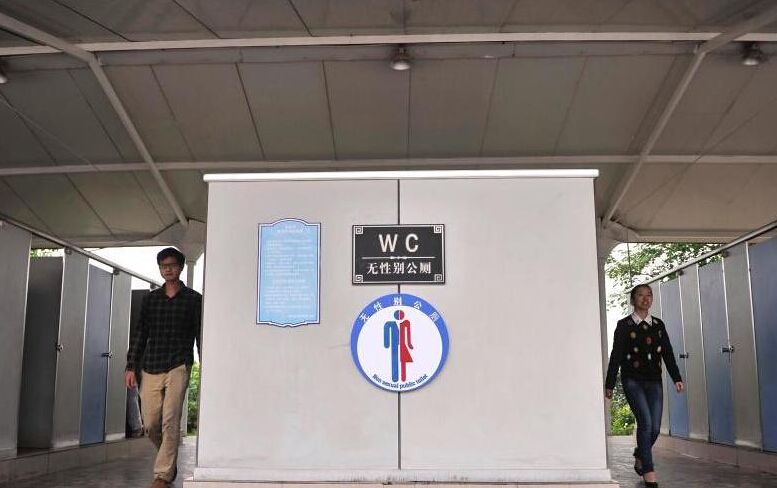|
|
|
A night view of Zhongguancun Science Park in Beijing. [Photo/China.org.cn]
|
A total of 671 major projects in high-tech and sophisticated industries were registered in Beijing last year, according to the annual work meeting of the city’s investment promotion bureau.
In the same period, the bureau managed to attract 747 foreign-funded projects, with a combined value of US$7.02 billion, up by more than 10 percent year on year. Newly registered enterprises paid 15.2 billion yuan (US$2.22 billion) in total in tax last year,
“Since 2016, the investment promotion bureau has been endeavoring to remove the city’s non-capital functions to make the city more livable,” said Zhou Weimin, director of the Beijing Investment Promotion Bureau.
Zhou said these endeavors were the reason that the bureau put a priority over high-tech industries, high-end and high-quality service industries, and high-value cultural industries last year.
The business sector’s growing willingness to invest in Beijing reflects the perfect, amicable business environment of the Chinese capital. In particular, the city’s business administration, tax, finance, among other government agencies are exploring innovative, new measures that could provide good templates for other cities to follow.
For example, among the 40 innovative, new measures in the city’s service sector, there is China’s first aircraft maintenance company formed by a joint-venture and China’s first joint-venture tourism agency dealing with Chinese citizens’ overseas trips.
While the city keeps promoting cutting-edge industries and projects, local enterprises have accelerated their pace in going overseas. Data shows that in the first three quarters of last year, foreign direct investment (FDI) totaled US$13.75 billion, a 94-percent year-on-year increase. The FDI figure was basically on par with US$12.62 billion, the amount of investment Beijing attracted over the same period.
Zhou Weimin said that in 2017, the investment promotion bureau will continue to serve the city’s objective of developing the service-based economy, knowledge-based economy, green economy and headquarters economy, helping control the city’s population, contribute to stable growth and facilitate private investment.
read more


